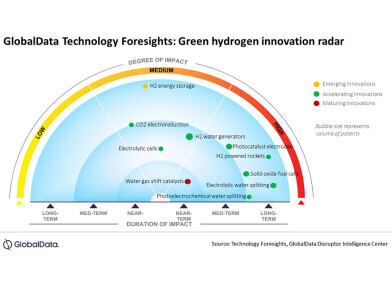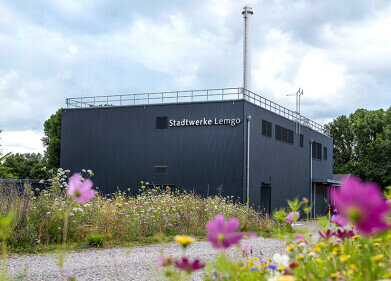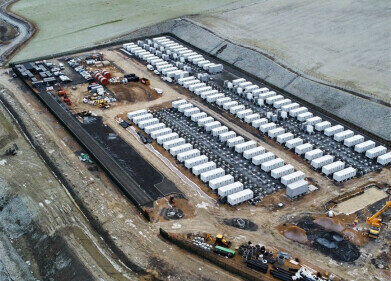Green Energy
Will We Save Energy by Reducing the Power of Appliances?
Sep 30 2014
In January 2010, the EU targeted the reduction of carbon emissions over a 30-year period, spanning 1990-2020, by 30%. Even more ambitiously, they planned a further fall in emissions of 15% by 2030.
In the first of what could be many restrictions imposed, the EU banned the sale of high-powered vacuum cleaners in its member states. Any model operating above 1,600 watts of power usage was no longer able to be sold or purchased – and those operating above 900 watts were targeted for a further law to come into effect before 2017. For more information on the reasons behind the decree and the implications it held for the producer and the consumer, please see the article: Why is the EU Banning High-Power Hoovers?
The thin end of a wedge
The ban on hoovers is thought to be the first of many similar laws which will follow, affecting the sale of home appliances such as hair dryers, kettles, toasters and lawn mowers. Homeowners, concerned at what they see as infringements of their consumer rights and basic free will, have collaborated in an organised group to oppose the measures. Their main argument; banning high-powered appliances will do nothing to reduce energy consumption and carbon emissions.
Such opponents claim that forcing people to use lower-power appliances will only result in them using said appliances for double the time, thus using the same amount of energy. In theory, a 1,000 watt vacuum cleaner for 20 minutes will use exactly the same amount of energy as a 2,000 watt model used for half of that time. However, the situation is not quite as clear as that.
Power versus efficiency
Because many appliances are not 100% efficient in their use of energy, some of it is inevitably lost to residual heat and other unwanted by-products. Since it is nigh-on impossible to measure such energy waste, it becomes very difficult to regulate or accurately measure the specifics of energy efficiency in such models.
However, this does not mean to say that manufacturing companies should give up the ghost. Rather, they should be focusing their energies on increasing the efficacy of their machines. With vacuum cleaners, this would entail improving the design and suction of their nozzles, and the efficiency of their filters, to gather more dust with less energy. With hair dryers, it would concentrate on improving the efficiency of air currents to ensure that waste is minimised and drying potential is maximised. These developments, rather than the outright ban on high-power models, would likely do more to reduce emissions. However, there is case to be made that people are less likely to use an appliance for a longer period than a shorter one, regardless of the power consumption, due to the hectic nature of our everyday lives.
A drop in the ocean?
Whilst such attempts to curb waste energy are admirable and certainly to be encouraged, focusing on small-scale domestic appliances is, in the view of some commentators on the subject, merely a drop in the ocean.
Professor Will Stewart, who is a fellow at the Institute of Engineering and Technology, has called such matters “small potato” when set alongside the bigger picture of energy consumption and profligacy. Indeed, when we consider the industrial power use by global corporations, Professor Stewart may well have a point … but every little helps.
Events
Apr 22 2024 Hannover, Germany
Apr 23 2024 Kuala Lumpur, Malaysia
Apr 24 2024 Sao Paulo, Brasil
May 05 2024 Seville, Spain
May 13 2024 Munich, Germany














